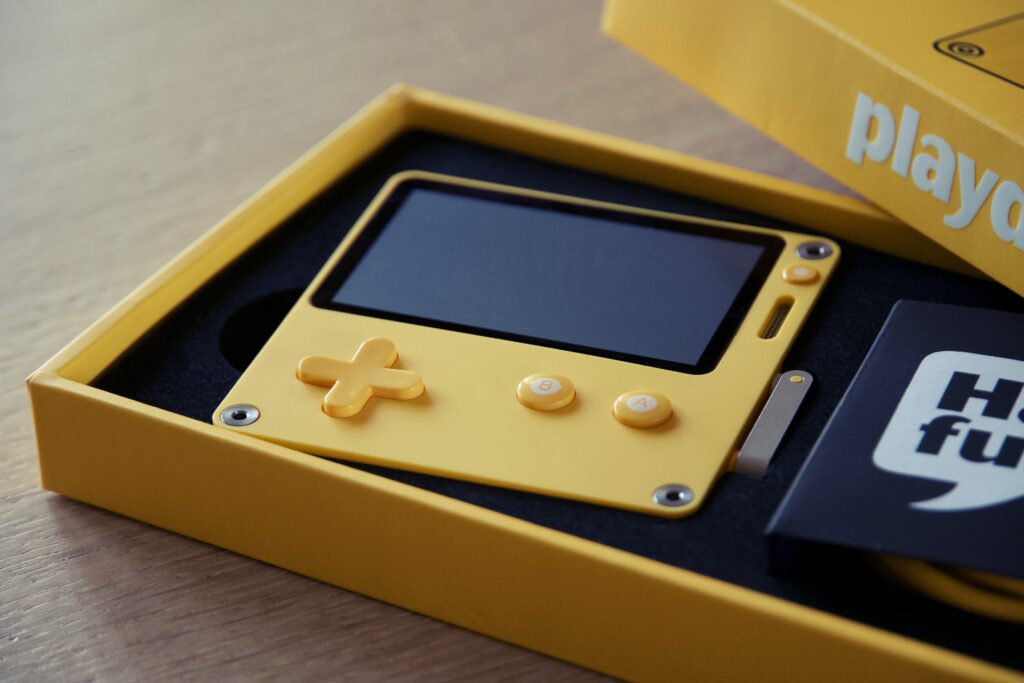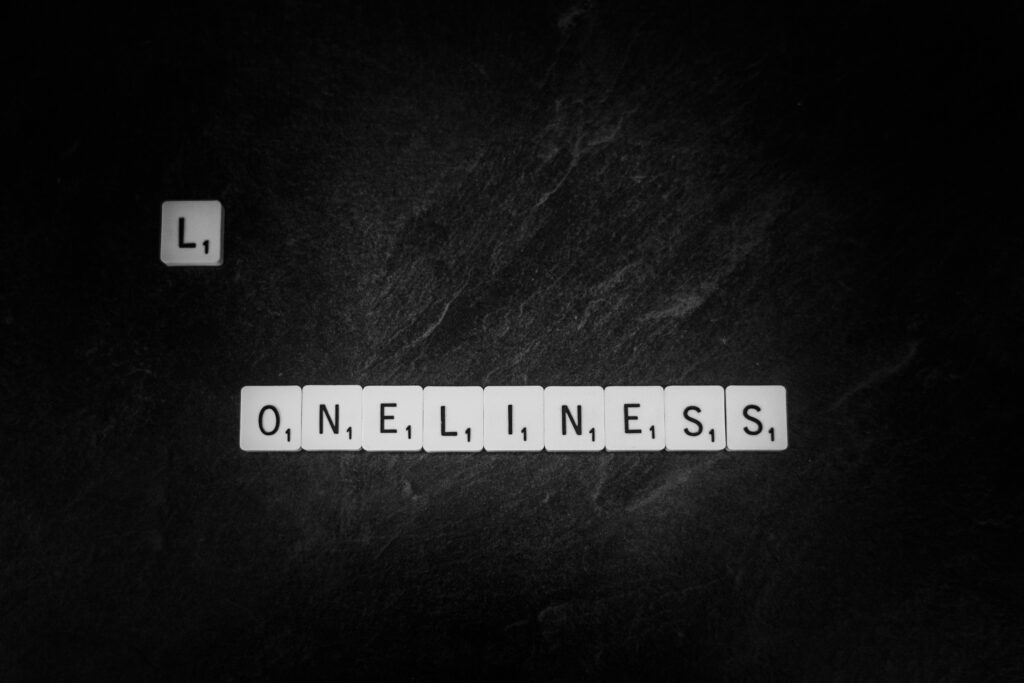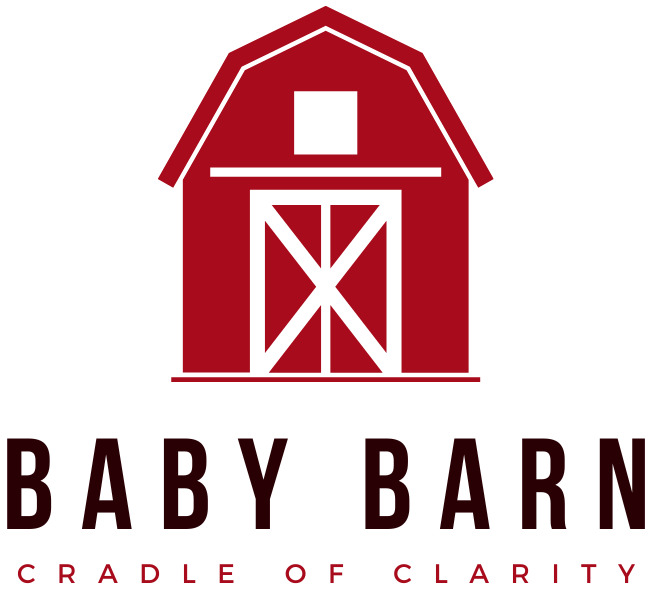Welcome to the world of parenthood! In this article, we’ll be talking about a big milestone – your baby’s first playdate. We’ll discuss why playdates are important for your little one’s development and socialization skills, as well as provide some tips on how to make the most out of this experience. So, if you’re curious about how to navigate the world of playdates and help your baby form new connections, keep reading! Heading: Preparing for Baby’s First Playdate
Having your baby attend their first playdate can be an exciting milestone for both you and your little one. It’s an opportunity for them to interact with other children their age and begin developing important social skills. However, before diving into this new adventure, it’s essential to make sure you’re well-prepared. From choosing the right playdate to gathering necessary supplies, this article will guide you through the process of preparing for your baby’s first playdate.
Choosing the Right Playdate
Selecting the right playdate is crucial in ensuring a positive experience for both you and your baby. Look for playdates that are age-appropriate and have children of similar developmental stages. This will not only help your baby feel more comfortable but also provide them with the opportunity to engage in activities that are suitable for their age.
Additionally, consider the location of the playdate. It’s advisable to start with playdates in familiar environments, such as your home or a close friend’s house. This will help your baby feel secure and familiar in their surroundings as they navigate this new social interaction.
Ensuring a Safe Environment
Creating a safe environment is paramount when it comes to playdates. Before inviting other babies and parents over, take the necessary steps to baby-proof your home. Remove any potential hazards such as small objects, sharp edges, or choking hazards. Ensure that electrical outlets are protected and that furniture is secured to prevent accidents.
It’s also important to have a well-stocked first aid kit readily available. Accidents happen, especially in the company of energetic little ones. Having essential supplies, such as bandages, antiseptic wipes, and children’s pain medication, will ensure that you’re prepared for any minor mishaps.
Gathering the Necessary Supplies
To ensure a smooth and enjoyable playdate, gather all the necessary supplies beforehand. Stock up on diapers, wipes, and extra clothes in case of any accidents. Have a variety of age-appropriate toys and games available to engage the little ones. Soft toys, rattles, and interactive play mats are always a hit. Consider having a designated area for art and sensory activities as well.
Provide healthy snacks and drinks for both babies and parents. Opt for finger foods that are easy to hold, such as cut-up fruits and vegetables or cheese cubes. Remember to ask parents about any specific food allergies or dietary restrictions their child may have.

Introducing Your Baby to Other Children
Heading: Explaining the Concept of Playdates to Your Baby
As your baby grows, it’s important to introduce them to the concept of playdates. While they may not fully comprehend the idea at such a young age, it’s beneficial to start laying the foundation for future social interactions.
Talk to your baby about playdates in a positive and exciting manner. Use simple language and describe it as a special time to meet and play with new friends. Show enthusiasm when discussing playdates, as babies are highly perceptive and can pick up on your emotions.
Heading: Encouraging Social Interaction
During the playdate, encourage your baby to interact with the other children. Start by engaging your baby in parallel play, where they play alongside others without direct interaction. This can help them become more comfortable in a social setting.
As your baby becomes more familiar with their peers, gently encourage social interaction. Help them take turns with toys by modeling the behavior yourself. Guide them in sharing and playing together, praising their efforts and achievements.
Heading: Teaching Basic Play Etiquette
Teaching basic play etiquette from an early age will set a solid foundation for your baby’s future interactions with others. Encourage your baby to be gentle with their playmates and to use words like “please” and “thank you.” Demonstrate the importance of sharing and taking turns, and praise them when they exhibit good manners.
When conflicts arise, calmly intervene and guide the little ones in resolving their issues. Teach them to express their emotions through words instead of resorting to physical actions. By teaching these social skills early on, you are helping your baby cultivate positive and respectful relationships.
Engaging Activities for Baby’s Playdate
Heading: Age-Appropriate Toys and Games
Providing age-appropriate toys and games is crucial to keep the little ones entertained during playdates. Choose toys that are safe and stimulating for your baby’s stage of development. Soft toys with different textures, brightly colored puzzle mats, and interactive toys that make noise or light up are all excellent choices.
Include toys that encourage exploration and problem-solving. Stacking blocks, shape sorters, and simple puzzles are great options. These activities promote cognitive development and help your baby refine their motor skills.
Heading: Music and Movement Activities
Engaging in music and movement activities can be a great way to keep the energy levels up during playdates. Play some lively music and encourage the babies to move along with the rhythm. Sing nursery rhymes and encourage the little ones to clap their hands or stomp their feet.
Provide simple musical instruments such as maracas or tambourines for the babies to explore. Encourage them to experiment with the sounds they can create and enjoy the sensory experience of music.
Heading: Art and Sensory Experiences
Introducing art and sensory experiences to your baby’s playdate can be both entertaining and educational. Set up an area with non-toxic, washable finger paints and let the babies engage in some messy, creative fun. Provide large pieces of paper or cardboard for them to explore their artistic side. This activity stimulates their senses and encourages fine motor skills development.
For sensory experiences, you can create a sensory bin filled with materials like rice, beans, or water beads. Let the babies explore the different textures and shapes, enhancing their sensory development. Add various objects such as plastic containers or wooden spoons to encourage imaginative play.

Building Connections Through Parent Interaction
Heading: Encouraging Conversations Among Parents
Playdates offer a wonderful opportunity for parents to connect and share experiences. Encourage conversations among parents by creating a friendly and welcoming atmosphere. Start conversations by asking open-ended questions about their baby’s development or parenting experiences. This can help foster a sense of community and support among parents.
Heading: Sharing Parenting Experiences
Share your own parenting experiences and observations with other parents during playdates. This exchange of information can be beneficial and comforting, as you may discover that other parents have faced similar challenges. It’s a chance to learn from one another and gain new insights, making you feel less alone in your parenting journey.
Heading: Arranging Playdates Beyond the Initial Meeting
Building lasting friendships for both you and your baby is one of the many advantages of playdates. After the initial meeting, if you sense a connection between your baby and another child, don’t hesitate to arrange future playdates. Building consistent and ongoing friendships with other parents and children can help create a support network and enrich your child’s social experiences.
Supporting Positive Behavior During Playdates
Heading: Modeling Good Behavior
As parents, our behavior has a significant impact on our children. During playdates, be mindful of modeling good behavior for both your baby and the other parents. Display politeness, respect, and kindness when interacting with others. Emphasize turn-taking and sharing with your own actions, encouraging your baby to follow suit.
Heading: Managing Conflict
Conflict is a natural part of social interactions, and playdates are no exception. When conflicts arise between babies, step in calmly and guide them in resolving the issue. Encourage them to use words to express their feelings and find a compromise. Help them understand the importance of listening to others’ perspectives and finding win-win solutions.
Heading: Promoting Sharing and Taking Turns
Sharing and taking turns are essential skills that promote cooperation and empathy. Encourage sharing by using phrases such as “It’s your friend’s turn now” or “Let’s take turns playing with the toy.” Praise and acknowledge your baby’s efforts when they exhibit sharing behaviors. Over time, these skills will become more natural for them.

Addressing Challenges and Concerns
Heading: Separation Anxiety
Separation anxiety is common in babies, especially during their first experiences away from their primary caregivers. If your baby experiences separation anxiety during a playdate, reassure them that you will return and offer comfort. Gradually increase the duration of separation over time, starting with short intervals and gradually extending them as your baby becomes more comfortable.
Heading: Food Allergies and Dietary Restrictions
When hosting playdates, it’s essential to be aware of potential food allergies or dietary restrictions among the children. Ask the parents beforehand about any specific concerns, and ensure that the snacks and drinks provided are safe for all children involved. Consider opting for allergen-free options or asking parents to bring specific snacks for their child if necessary.
Heading: Overstimulation and Overwhelm
Playdates can sometimes become overwhelming for babies, especially if there are many children or noisy activities involved. Watch for signs of overstimulation, such as restlessness or fussiness. Create quiet areas or designate a calm space where babies can take a break and recharge. Pay attention to your baby’s cues and adapt the play environment as needed.
Creating a Welcoming Playdate Environment
Heading: Preparing a Comfortable Space
Creating a comfortable play area is essential for a successful playdate. Set up a designated space with age-appropriate toys and activities. Ensure there is enough space for the babies to move around comfortably. Soft rugs or mats provide a cozy and safe area for play. Consider the lighting as well, aiming for a well-lit and visually stimulating environment.
Heading: Providing Healthy Snacks and Drinks
Snacks and drinks are an important part of any playdate. Provide a variety of healthy snacks that are easy for little hands to manage. Fresh fruits, vegetable sticks, and cheese cubes are all nutritious and baby-friendly options. Hydration is crucial, so have water or diluted fruit juice available for both babies and parents.
Heading: Considering Nap and Diaper Change Areas
Babies have their own unique schedules and needs. Consider having a separate area for naps and diaper changes during playdates. Provide comfy pillows or blankets for naptime, ensuring a quiet and peaceful environment. Have a designated changing station with all the necessary supplies to cater to your baby’s diaper change needs.

Understanding the Benefits of Playdates
Heading: Enhanced Social Skills
Playdates offer countless opportunities for your baby to enhance their social skills. By interacting with other children, they learn important concepts such as sharing, taking turns, and cooperating. They also begin to understand the basics of communication, both verbal and nonverbal.
Heading: Language and Communication Development
Engaging in playdates exposes your baby to new conversations and interactions, which can greatly contribute to their language and communication development. Listening to other adults and children speak helps expand their vocabulary and promotes the development of language skills. It’s a chance for them to learn new words, phrases, and even different languages.
Heading: Emotional and Cognitive Growth
Playdates provide a nurturing environment for emotional and cognitive growth. Through social interactions, babies learn about emotions, empathy, and problem-solving. They develop cognitive skills such as memory, attention, and reasoning through play and exploration. These early experiences contribute to their overall emotional and intellectual development.
Maintaining Regular Playdate Routines
Heading: Establishing a Schedule
Consistency is key when it comes to playdates. Establish a regular schedule for playdates and communicate it with the other parents. Plan the playdates around nap times and mealtimes to ensure that the babies are well-rested and fed. Having a predictable routine helps create a sense of security and allows your baby to anticipate and look forward to playdates.
Heading: Ensuring Consistent Playdate Attendance
Attendance is essential in maintaining the bond between your baby and their playdate friends. Make an effort to attend playdates regularly and encourage the other parents to do the same. Consistent attendance not only reinforces the friendships but also provides a predictable and reliable social environment for your baby.
Heading: Adapting to Changes or Cancellations
Life happens, and sometimes playdates need to be rescheduled or canceled. Be understanding if other parents are unable to attend or if unexpected situations arise. Flexibility is essential, and maintaining an understanding and cooperative attitude helps ensure fun and stress-free playdates for everyone involved.

Conclusion
Heading: Building Lasting Friendships
Baby’s first playdate marks the beginning of a beautiful journey of building lasting friendships. These early social interactions lay the foundation for your baby’s social and emotional development. By creating a welcoming playdate environment, introducing engaging activities, and supporting positive behavior, you are nurturing your baby’s social skills and fostering connections that may last a lifetime.
Heading: Nurturing Your Baby’s Social Development
Playdates provide valuable opportunities for your baby to develop essential social skills such as communication, cooperation, and empathy. By exposing them to new experiences and interactions, you are supporting their emotional growth and well-being. Embrace the joys and challenges of baby’s first playdate, and watch as your little one blossoms into a confident and social individual.
Heading: Enjoying the Journey of Baby’s First Playdate
As a parent, witnessing your baby’s first playdate is a special moment to cherish. Enjoy these early interactions and take delight in seeing your baby explore new friendships. Remember, every playdate is a chance for your baby to learn, grow, and make connections. Embrace the journey, celebrate the milestones, and savor these precious moments of baby’s first playdate.





